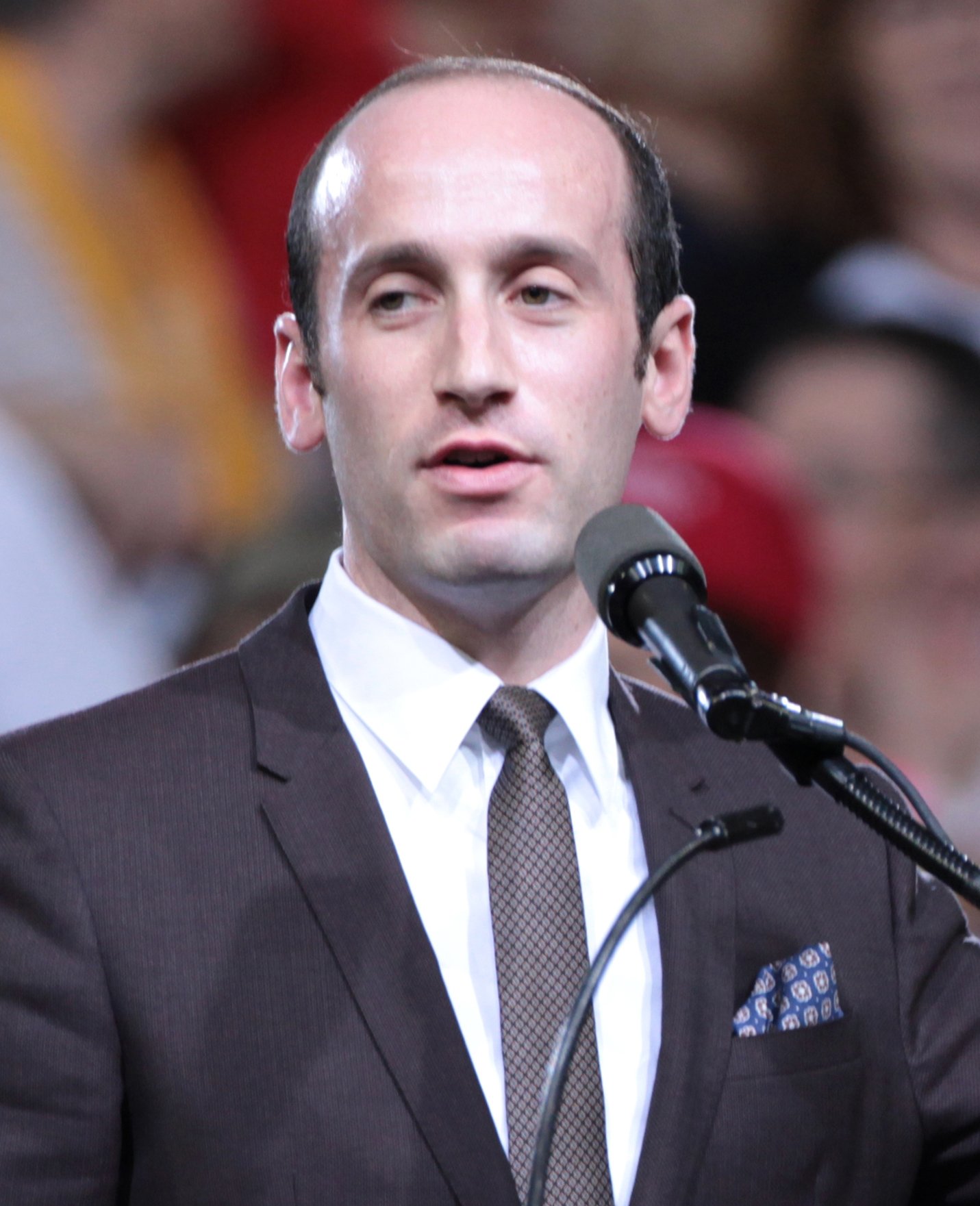Key Takeaways
- Stephen Miller claimed President Trump has plenary authority on immigration and domestic law enforcement.
- Miller’s unexpected freeze on camera raised eyebrows during a CNN interview.
- Experts and commentators warned this claim points toward unchecked power and dictatorship.
- Critics stressed federal laws and the courts limit any president’s plenary authority
What Is Plenary Authority?
Plenary authority means total and absolute power over a specific issue. In law, it suggests no limits or outside review. During his CNN interview, Stephen Miller said President Trump held that kind of power on immigration and domestic law enforcement. He insisted courts could not override presidential actions. However, this claim conflicts with how the U.S. government actually works. The Constitution and federal statutes set clear checks on presidential power. Thus, the idea of plenary authority for any president surprises many legal experts.
Social Media Reacts to Plenary Authority Claim
Observers rushed to social media to voice alarm and disbelief. Democratic analyst Wajahat Ali wrote they were “going for full-scale dictatorship.” Molly Jong Fast warned, “Oh this is not great.” Military veteran John Topham said the U.S. “is heading towards dictatorship openly.” In addition, Eric Feigl-Ding compared invoking plenary authority to moves seen in authoritarian regimes. Political pundit Mark Bloand linked Miller’s words to Hitler’s Enabling Act. Ethics lawyer Richard Painter shot back that federal laws strictly limit presidential action. He stressed Trump cannot wield unlimited or plenary authority.
The CNN Interview Moment
During the live interview, Miller defined plenary authority as absolute control. He claimed courts had no power to block Trump on immigration. Then he froze. For nearly five seconds, his mouth hung open and his eyes stared blankly at the camera. The awkward pause quickly turned into a viral clip. Many saw it as proof even Miller knew his claim defied reality.
Expert Warnings and Historical Parallels
Legal scholars doubt any president can have plenary authority over law enforcement. One professor noted that the Constitution’s separation of powers ensures the courts hold the final say. Moreover, Congress writes the statutes that guide or limit executive actions. Critics pointed out past presidents tried to push limits but always faced legal challenges. Historian comparisons warn that unchecked power often erodes democracy. Thus, likening the claim to authoritarian tactics sounded alarm bells.
What This Means for Checks and Balances
The U.S. system relies on checks and balances. Courts review executive orders. Congress can pass laws or impeach. Citizens can vote leaders out. If a president truly had plenary authority, those safeguards would vanish. Therefore, Miller’s statement challenged a core principle of American government. It raised questions about how far an administration might go without legal restraint. In a functioning democracy, no official holds power without limits.
Possible Impact on Immigration and Law Enforcement
If a president believed in plenary authority, they might bypass court rulings on immigration bans. They could use military forces on U.S. soil without legal approval. Such actions would spark legal battles. They also could erode public trust in the rule of law. However, actual practice shows courts block orders that break constitutional rights. Even if an aide claims plenary authority, the justice system and Congress stand ready to intervene.
A Freeze That Speaks Volumes
The on-screen freeze became an unexpected highlight. It showed how startling Miller’s claim sounded, even to him. In addition, it offered a dramatic visual that spread rapidly online. Memes and reaction videos used that moment to mock the idea of unlimited presidential power. Thus, the clip did more than reveal a bizarre legal claim. It also exposed how public opinion can shape political debates in real time.
What Comes Next?
In the days after the interview, several federal judges issued decisions that limited Trump’s policies. Those rulings underscored that courts still control immigration and enforcement rules. Congress also debated new legislation to clarify presidential powers. Meanwhile, political opponents used Miller’s words in campaign ads. They argued that accepting plenary authority would threaten hard-won civil liberties.
Conclusion
Stephen Miller’s claim that President Trump held plenary authority stunned viewers and experts alike. His brief on-air freeze only deepened the controversy. Transition words like however and moreover emphasize that this claim clashes with constitutional reality. Critics from across the political spectrum warned it smacks of dictatorship. Ultimately, the U.S. system of checks and balances remains in place. No president can truly wield plenary authority without facing legal challenges.
Frequently Asked Questions
What does plenary authority mean in simple terms?
Plenary authority means total and absolute power over a specific area, without outside checks or reviews.
Can a U.S. president really have plenary authority?
No. The Constitution and federal laws limit presidential actions. Courts and Congress can review or block executive moves.
Why did Stephen Miller freeze during his CNN interview?
Observers believe Miller froze because he realized his plenary authority claim clashed with legal facts and public understanding.
How did experts react to the plenary authority claim?
Legal experts and historians warned that no president has unchecked power. They compared the claim to authoritarian regimes.
